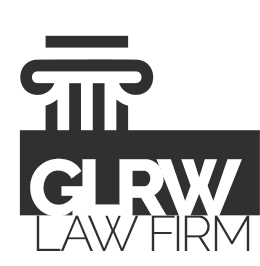06 May How Does the End of the Eviction Moratorium Impact Landlords?
The Unites States Supreme Court struck down the federal COVID-related eviction moratorium in September 2021, and New Jersey’s separate state moratorium on renter evictions expired on Jan. 1, 2022.
For many landlords, the end of the eviction moratoriums may have arrived too late to prevent a cascade of losses when tenants maintained possession of rental properties without paying rent. The New Jersey landlords who survived the moratorium will not likely see quick action on their eviction attempts. New Jersey courts are now handling a backlog of more than 52,000 landlord-tenant cases.
At New Jersey Eviction Law in New Jersey, we represent landlords struggling with revenue losses and potential mortgage defaults on their rental properties. We understand and appreciate the serious adverse consequences that landlords have faced since the onset of the pandemic. We work with them and other parties to develop creative and workable solutions that help to alleviate those consequences.
The Eviction Moratorium’s Negative Impact on Landlords Goes Beyond Loss of Rent Payments
The moratorium protected tenants who could not make rent from being evicted. However, it did not excuse rent payments, and, in theory, it did not end evictions for other reasons. Those might include issues such as the destruction of property or criminal conduct. In practice, however, courts have been reluctant to order any evictions, leaving landlords with problems such as:
– Mortgage defaults and potential cross-defaults where multiple rental properties are financed by the same lender
– Erosion of personal savings and retirement accounts that landlords needed to use to make mortgage, taxes, and maintenance payments
– Deferred maintenance on rental properties, which leads to potentially higher repair costs as systems and structures fall further into disrepair
– Real estate tax defaults that impact both the landlord and the municipality in which the rental property is located.
Landlords who are experiencing these and other negative impacts from the eviction moratorium should not hesitate to contact one of our landlord-tenant lawyers specialing in New Jersey. Our landlord-tenant attorneys is to offer recommendations and potential solutions before these impacts become unmanageable.
A Residential Real Estate Attorney in New jersey Can Help Landlords to Address the Negative Impacts of the Moratorium
An experienced New Jersey eviction lawyer can advise landlords and work with lenders and other parties to develop viable solutions that benefit all parties to a residential lease. Solutions might include, for example:
– Mortgage loan modifications and workouts to defer or prevent foreclosures
– Filing and negotiating claims for reimbursement under business interruption insurance policies
– Rent payment plans with tenants
– Applying for emergency assistance from federal and state programs that were put in place to help businesses that experienced losses during the COVID pandemic
In all cases, landlords should remember that the eviction moratorium did not cancel a tenant’s obligations to make rent payments. As businesses continue to reopen with the reduction of COVID restrictions, a residential real estate attorney in New Jersey can help landlords. For example, recover past due rent payments regardless of the lingering negative impacts of the eviction moratorium.
Call the New Jersey Landlord-Tenants Lawyers for Representation Regarding the Eviction Moratorium
At Greenblatt, Lieberman, Richards & Weishoff, LLC, we have represented landlords in New Jersey landlord-tenant disputes for more than 50 years.
If you are a residential landlord experiencing a negative impact from the eviction moratorium, do not let your problems fester. Call our offices in Mount Holly to schedule a consultation with one of our lawyers. We can help you resolve your issues now.



Sorry, the comment form is closed at this time.